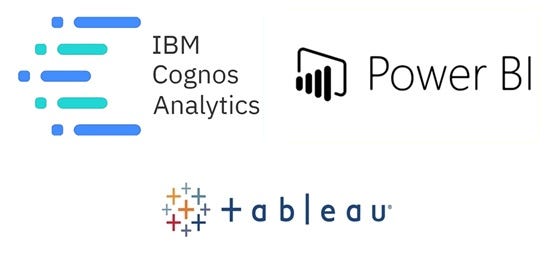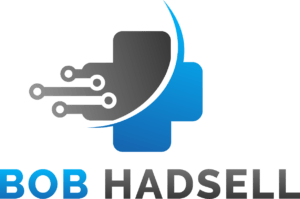
Big Data in Healthcare
In the dynamic and rapidly evolving realm of healthcare, the keyword “Big Data in Healthcare” stands as a beacon of innovation and transformation. Over the past decade, the convergence of healthcare and technology has given rise to a remarkable revolution, and at the heart of this revolution is the harnessing of immense datasets – a field known as Big Data. In this exploration, we’ll uncover how the strategic utilization of Big Data is reshaping patient care, medical research, and operational efficiency, ushering in an era of more precise diagnostics, personalized treatments, and a promising vision for the future of healthcare. Join us as we delve into the profound impact and potential of Big Data in revolutionizing the healthcare landscape.
Modern Business Intelligence tools are used in the healthcare industry to create intuitive reports and provide insight into the collected medical data. These business intelligence tools like Qlik Data, Power BI, Cognos and Tableau Software help medical facilities to increase profits, lessen losses, and enhance the patient experience. Tableau helps with the customization of data and renders a secure interface. Power BI is a SaaS service that helps with analytics and reporting solutions for enterprises. Qlik Data closes the gap between the cloud system and big data. This platform provides real-time insights with actionable analysis of the data.

Role of Data Analysis in Healthcare
More accurate diagnosis is provided to the patients with personalized treatment and helps with an improved decision-making process. Data Analytics supports simplifying internal medical organizations’ operations and lowering the enormous business cost by integrating HIE.
The digitization of the healthcare data will help medical practitioners to share the data without wasting any time. It assists in providing quality care to the patients. Right data analysis assists the healthcare industry in following the holistic approach and offering personalized medical care to the patients.
Top Ways Data Analytics is Used in the Medical Industry ( Big Data in Healthcare )
- Right Analysis of Data Collected: Data Analytics helps collect and distribute the data across healthcare organizations. It helps medical practitioners to analyze the data within less time to provide personalized care to the patients.
- Improvement in Maintaining the EHR: Every hospital nowadays maintains the patients’ Electronic Health Records, including their medical history and personal details. Data Analysis supports improving the data visuals to deliver the best solutions to the patients.
- No more Medical Errors: Data Analysis assists in analyzing the prescribed medications and treatments for the particular patients. It lowers any medical error or discrepancies in providing the services in the healthcare industry. It further helps in saving lives in less time.
- Real-Time Alerts: Medical emergency can strike at any moment. Data Analytics helps in providing real-time alerts. The Data Analysis tools support predicting any medical emergency by reading the patient’s patterns. It can be an increase in pulse rate, breathing patterns, etc.
- Sorts Staffing Issues: Another benefit of data analysis is staffing. The healthcare organizations can use the various tools to maintain the roster of nurses and other staff that are present and absent from the duty. It will help in averting the incidents of over and under-staffing. It reduces the waiting period for patients and improves overall healthcare.
Value of Big Data in Healthcare Industry
The use of big data in the healthcare sector is increasing rapidly. By 2028, the big data market in the healthcare industry will reach USD 79.23 Billion. Big Data has helped the medical industry provide the right compensation to the providers and quality care to the patients. The overutilization of resources has been reduced, and understaffing is solved drastically. It helps understand each patient’s trends and patterns to render quality medical care. Furthermore, it modernizes the healthcare industry by tracking patients’ health using wearables and IoT devices.
Wrapping Up About Big Data in Healthcare
Data Analytics has come a long way in assisting high-risk patients and preventing medical errors. It optimizes the data collected to help people receive high-quality care at the right time.
